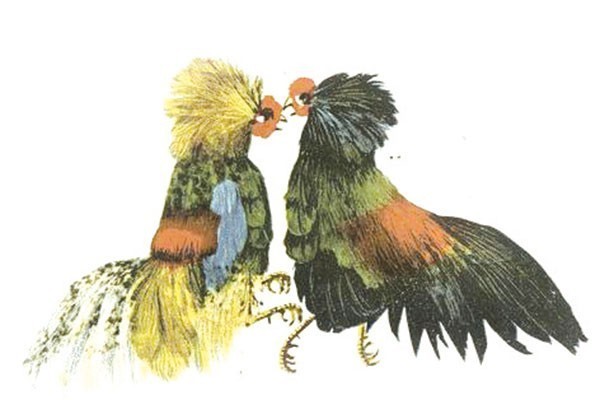This column is written by the Otago University Debating Society, which meets for social debating every Tuesday at 6pm in the Commerce Building
Affirmative, by By Pikachu
"Sexuality is not a choice" was coined to promote rights for the LGBTQIA community to the wrong demographic in the wrong way. The term actively seeks to respond to the religious community's claim that the LGBTQIA community are choosing a lifestyle as opposed to having no choice regarding their sexuality. This has created a system of response rather than a world where the ideas of religious communities don't matter to the LGBTQIA community.
It's important to recognise that individuals who strongly oppose the LGBTQIA community for religious reasons are unlikely to alter their views because they are told sexuality is not a choice. As a result the two sides of the debate have come to a standstill where neither side will concede.
The LGBTQIA movement is likely to gain far more ground in appealing to less concrete aspects of the debate by using terms like “love is love” which currently provides more room for dialogue to take place. More importantly, responding to religious communities should arguably be less important than appealing to the masses that are less fundamental in their convictions.
Many individuals in western liberal democracies have some ties to old religious-conservative ideals that prevent them from supporting LGBTQIA rights but have the potential to become sympathisers with the cause. It is easier to gain the support of the middle ground using the term “love is love” which religious communities have a weaker response to. Given the more emotive method of response, middle rounders are also more likely to sympathise with the cause. Furthermore, the argument that “love is love” can be attributed to other cases of minority groups ability to be in relationships of their choosing. The phrase fits with issues such as mixed race couples being prohibited in old America. This allows individuals to better sympathise with the concept of LGBTQIA relationships which acts as a step towards accepting other important aspects of the LGBTQIA agenda, such as the trans rights movement. In order to appeal to a wider demographic in a more relatable way, the LGBTQIA should abandon the claim that “sexuality is not a choice” and start responding to discrimination on their own terms.
Negative, by By Smurfette
“Sexuality is not a choice” belongs in the LGBTQIA move-
ment as a phrase that has now been tied closely to the community’s agenda.
While it is true that phrases such as “love is love” have many merits, the claim that sexuality is a decision has been a powerful hurdle for the LGBTQIA movement. Given this, it has become necessary for the LGBTQIA movement to actively oppose the concept.
This is particularly true given that while religious communities have been the driving force for arguing sexuality is a choice, it is an opinion held by much of the more moderate mass, so disputing the claim before furthering it using phrases like “love is love” has become necessary.
Responding to the religious community also happens to be necessary because of the monumental number of people who may be idle grounder but have some tie to religion that impacts their view of the LGBTQIA movement.
It is also worth noting that this phrase, even if imperfect has now become synonymous with the LGBTQIA movement. Under the term many changes have been implemented for the LGBTQIA community.
To abandon the phrase now would be to lose any further traction it has the potential to give. There is no reason for the term “sexuality is not a choice” and other claims such as “love is love” to be mutually exclusive. Using both allows the LGBTQIA community to directly respond to a community that must be addressed given their size and also prevents the loss of future traction under a term that has been a powerful tool in the push for LGBTQIA rights.



